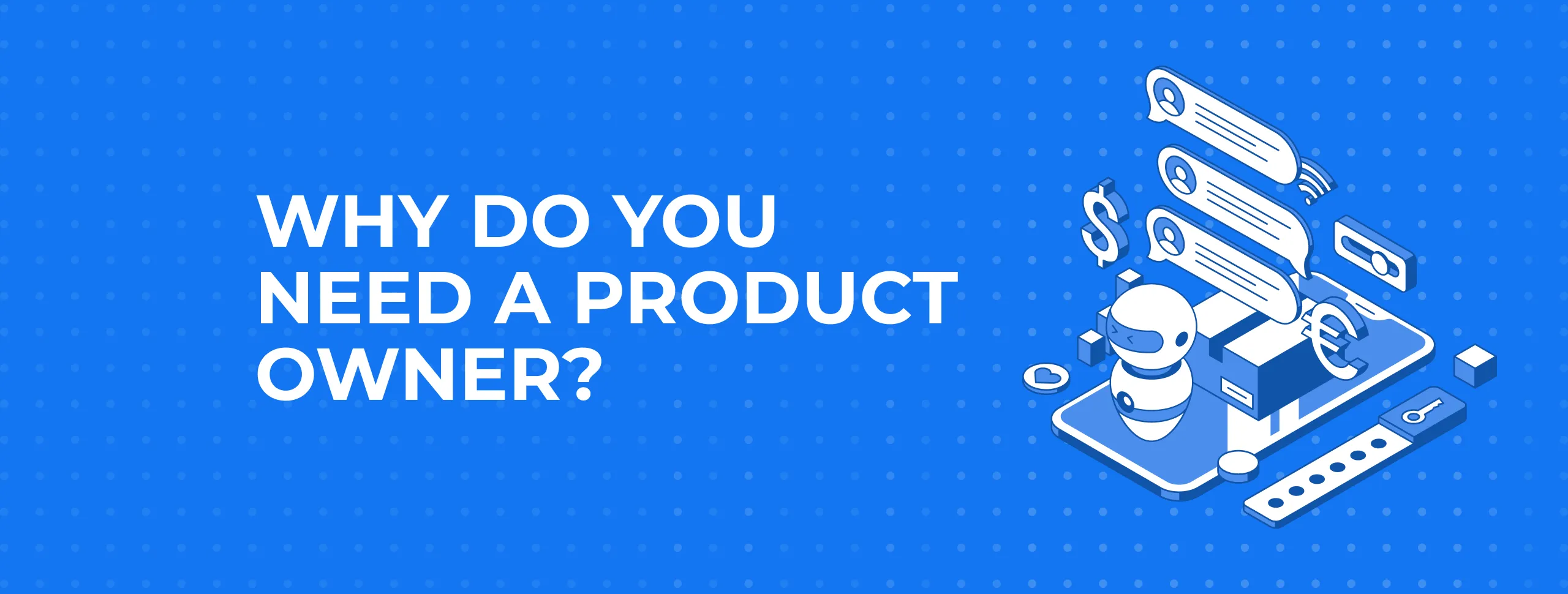
Why do you need a Product Owner: Key Roles and Responsibilities

When it comes to Product Development, imagine having a superhero on your team – someone with a deep understanding of the product, excellent communication skills, and a knack for organization. This superhero, known as the Product Owner, is here to guide the development team, prioritize tasks, and act as an internal expert on what customers really need. Their role is crucial for making sure the product not only meets but exceeds user expectations.
This position is relatively new but quickly becoming a full-time necessity for companies shifting to Agile methodologies. Agile development is all about being proactive, making smart choices, and adapting to changes – and the Product Owner is at the center of it all.
Now, you might think that with so many opinions flying around in a project, it could get chaotic. But fear not! The Product Owner is like a peacekeeper, ensuring everyone's ideas are heard and considered. Having a Product Owner is a game-changer, especially when you're looking to cut down on development costs.
Just like in any team, it's essential for everyone to have their own role. Agile development is no different. As the Product Owner role becomes a full-time gig, the person in charge has to juggle both their old and new responsibilities – not an easy feat. If finding a full-time candidate internally is a challenge, outsourcing the role is a practical solution.
Here are the main perks in a nutshell:
- Real-world Expertise: An outsourced specialist brings hands-on experience from actual projects and knows the best ways to get things done.
- Equipped for Success: A Product Owner comes prepared with all the tools needed to put their ideas into action. Their outsider's perspective often leads to fresh and innovative ideas.
- Cost and Time Savings: Outsourcing a Product Owner makes sense in terms of both cost and time, especially for projects with a set timeline.
Certified Product Owners aren't just team players; they're the glue holding everything together. They collaborate with different stakeholders, ensuring everyone is on the same page. Their main tasks include managing tasks, translating business needs into doable projects, understanding what both management and customers want, and being the go-to person between the product and development teams.
Why consult a Product Owner before diving into development? Well, think of them as your project's GPS. They help create a product that aligns with the client's goals, speeds up the first release, keeps budgets in check, and meets deadlines. Their secret sauce is analyzing the client's business processes to create tools and features that precisely solve problems, all while taking feedback into account.
Magora, for example, follows this approach in the Discovery Phase. This phase isn't about making things complicated; it's about identifying problems, understanding the value of the project, and figuring out the technical details. It's a focused start that sets the tone for the entire project.





